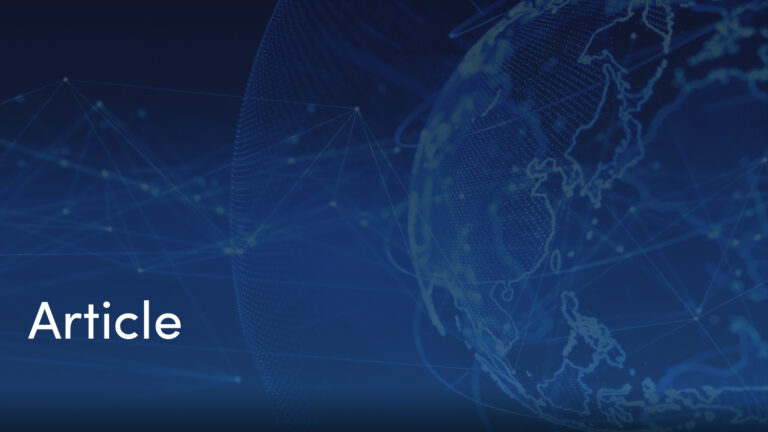The patent backlog and the Brazilian PTO’s action plan
Published by Guerra IP

According to current data extracted from the National Institute of Industrial Property (INPI) database, there are more than 115 thousand patent applications pending analysis by the Authority, the so-called patent backlog. Here, it is worth mentioning that the INPI considers all patent applications currently filed to be pending, and not just applications for which examination has already been requested. Also according to the INPI database, according to the most up-to-date data dating from December 2022, the average period for granting a patent in the first instance is almost 7 years.
When it comes to examination in the second instance, the time for analyzing patent applications is currently, on average, 4 years.
Therefore, taking as an example the average deadlines currently practiced by the INPI, a patent application that is granted, after the applicant has appealed from a rejection decision, it can take around 11 years for the corresponding patent to be granted. This corresponds to more than half of the patent’s term. And it is important to remember that, in May 2021, the Federal Supreme Court (STF) declared unconstitutional the minimum term of validity of 10 years for patents from their date of grant, a period that the applicant had to enjoy the object of the patent in case of excessive delay in the analysis carried out by INPI.
In order to try to mitigate the effects of the backlog, the INPI, in October 2023, launched an Action Plan establishing goals until 2025, the most important of which is reducing the analysis time for patent applications filed with the Authority. The aforementioned Plan aims to grant patents within a period of 3 years counted as from the date of filing of the corresponding application. Furthermore, the INPI also predicts that in 2026, a patent will be granted within 2 years.
To achieve this goal, the Plan foresees the hiring of 40 patent examiners for the telecommunications and biotechnology areas, with the telecommunications area being the area considered most critical when it comes to the patent backlog in the first instance, representing around 10% of the current backlog, and the biotechnology area being the area considered most critical when it comes to the patent backlog in the second instance, with an average of almost 6 years for a final decision. However, the mechanical area currently also has an average final decision in the second instance of close to 6 years and, apparently, was not included in the Plan.
In addition to hiring examiners, the Plan also provides for the training of examiners who are already part of the Authority’s administrative staff through technical seminars and the implementation of tools that automate/optimize the service to be performed.
Based on this Plan, the INPI concluded in November 2023, a public discussion related to the possible review of procedures and deadlines for making amendments and requesting examination of patent applications. As a result, on December 12, 2023, the INPI Patent Directorate informed that, counted as from the first day of January 2024, the distribution of patent applications for technical examination will be carried out based on the date of the request for technical examination, and no longer by the date of filing of the application. This means that if the applicant requests examination upon filing the application, this application will be sent directly for technical analysis, which could result in the granting of the patent within a few months.
On the other hand, on December 19, 2023, the INPI issued a new understanding, which comes into force on February 12, 2024, to the effect that the applicant can no longer submit amendments, in the second instance, against the decision that rejected the application, but only technical arguments. This understanding obviously aims to expedite examination and reduce the backlog in the second instance at the expense of suppressing the applicant’s rights.
Taking into account all of the above, the Plan of the INPI to act against the backlog seems ambitious. It now remains to monitor whether the established goals will be met.
Fabio Albergaria Dias

